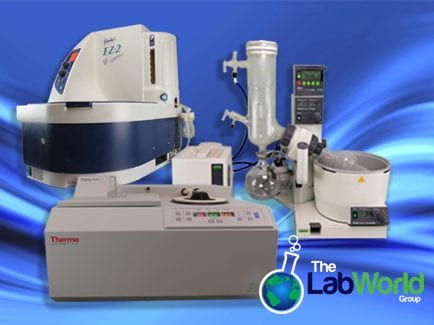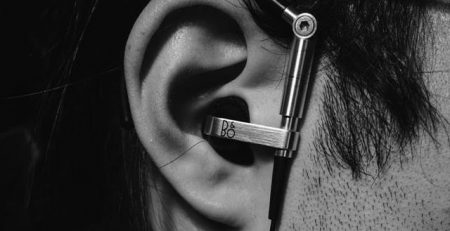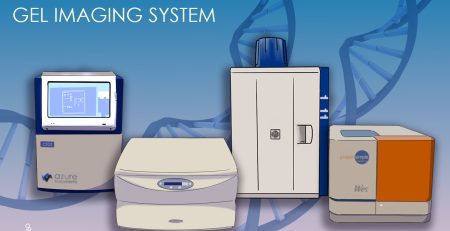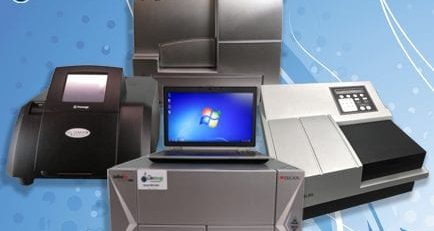Things to Consider When Buying a Used Evaporator
Laboratory evaporators are an integral piece of equipment, primarily in analytical chemistry labs. These evaporators are typically used to prepare samples for analysis by removing liquids from samples that need to be dry. They utilize motion, gas, heat, or a combination of the three, to prep the sample. Commonly used evaporators include nitrogen evaporators, vacuum evaporators and rotary evaporators; each of which has its own sets of pros and cons.
Sample Type and Volume:
What you will be processing, as well as how much of it, is an important thing to consider when purchasing any piece of laboratory equipment, however, with evaporators this plays a key role in the evaporator set up. Microtiter plates and micro centrifuge tubes work best in centrifugal vacuum concentrators, while a vortex evaporator is recommended for larger samples. When using acids, it’s important to ensure the equipment is properly coated to prevent corrosion and is properly ventilated. It’s also important to note that different samples are condensed at different temperatures and may require different cold traps. Some samples require evaporation under nitrogen (which is more gentle) for volatile solvents.
Safety Features:
Evaporators deal with a number of aqueous samples, acids, and solvents, so it’s important to be aware of the accessories that are available for a given model the ensure the safety of its operation and operators. Shields and protective hoods with ventilation, as well as other, more advanced options, such as motorized lifts and shut off procedures for power outages, can help ensure the safety of the operator.
Other considerations include: the temperature sensitivity of your sample, will you need refrigeration to counter the added heat generated by vacuum concentrator friction. You will want to consider how much space you can dedicate to the instrument, and how to store it when not in use.
If this feels like a lot, we’re here to help! The Lab World Group can guide you through our selection of evaporators and make sure you’re set up with the instrument thats going to get the job done right. For more information, contact us here.














